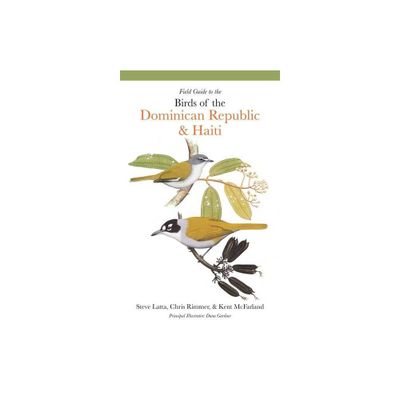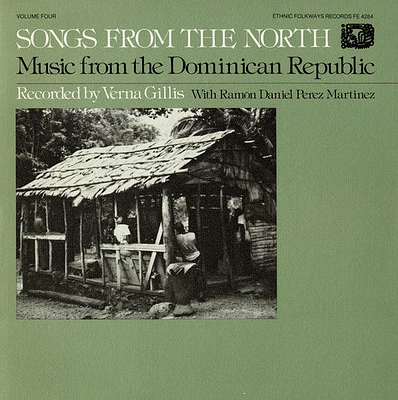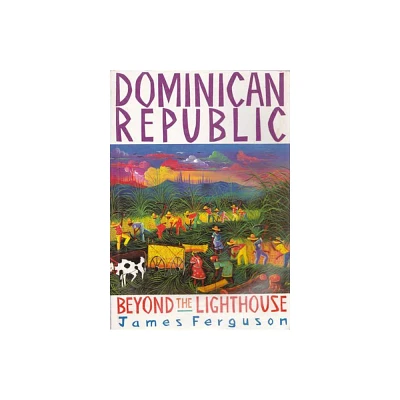Home
Someone Else's Country: Anti-Haitian Racism and Citizenship the Dominican Republic
Loading Inventory...
Barnes and Noble
Someone Else's Country: Anti-Haitian Racism and Citizenship the Dominican Republic
Current price: $100.00


Barnes and Noble
Someone Else's Country: Anti-Haitian Racism and Citizenship the Dominican Republic
Current price: $100.00
Loading Inventory...
Size: Hardcover
*Product Information may vary - to confirm product availability, pricing, and additional information please contact Barnes and Noble
In this groundbreaking work, Trenita Childers explores the enduring system of racial profiling in the Dominican Republic, where Dominicans of Haitian descent are denied full citizenship in the only country they have ever known. As birthright citizens, they now wonder why they are treated like they are “in someone else’s country.”
Childers describes how nations like the Dominican Republic create “stateless” second-class citizens through targeted documentation policies. She also carefully discusses the critical gaps between policy and practice while excavating the complex connections between racism and labor systems. Her vivid ethnography profiles dozens of Haitian immigrants and Dominicans of Haitian descent and connects their compelling individual experiences with broader global and contemporary discussions about race, immigration, citizenship, and statelessness while highlighting examples of collective resistance.
Childers describes how nations like the Dominican Republic create “stateless” second-class citizens through targeted documentation policies. She also carefully discusses the critical gaps between policy and practice while excavating the complex connections between racism and labor systems. Her vivid ethnography profiles dozens of Haitian immigrants and Dominicans of Haitian descent and connects their compelling individual experiences with broader global and contemporary discussions about race, immigration, citizenship, and statelessness while highlighting examples of collective resistance.

















